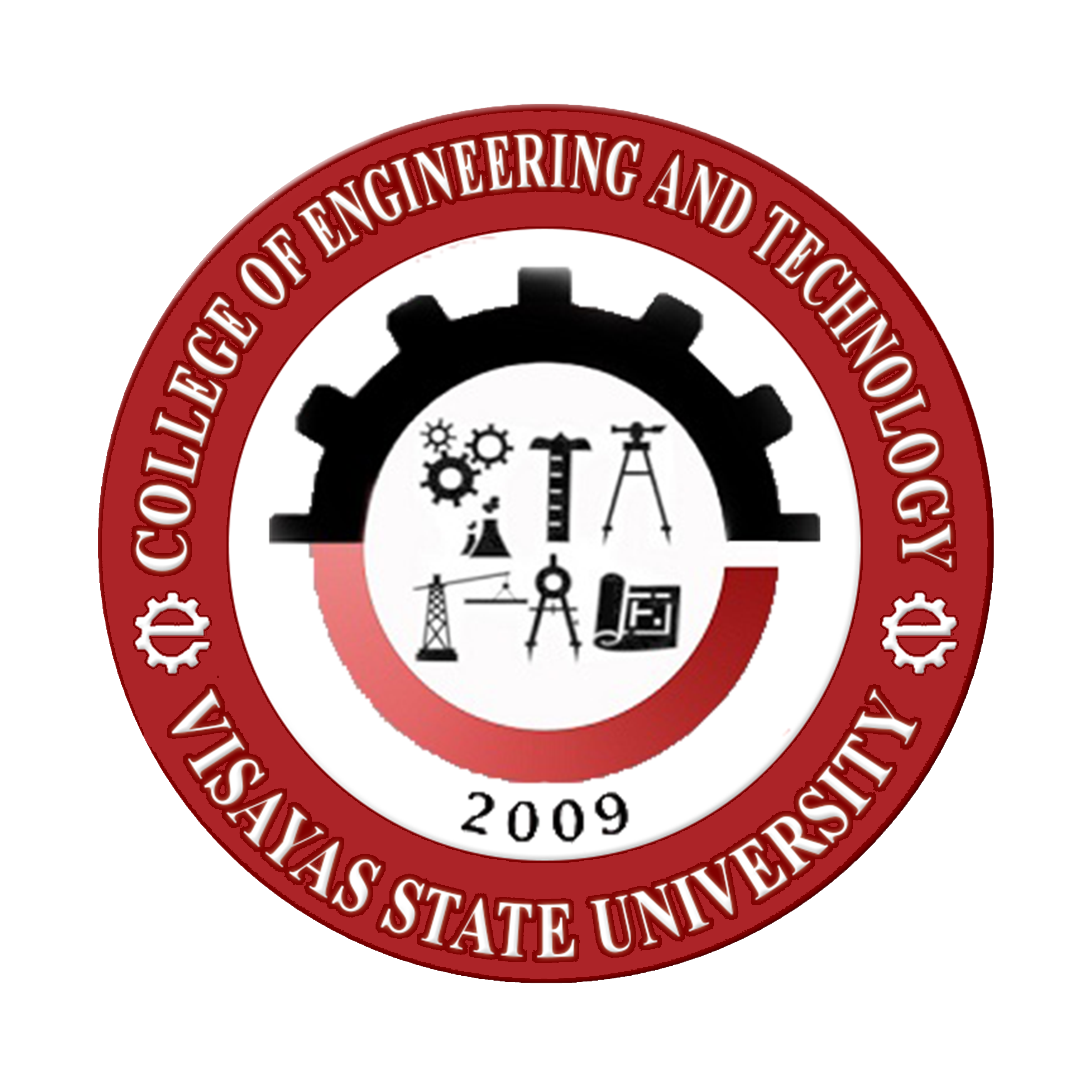Program Outcomes
Program Outcomes
Program Outcomes (or Student Outcomes) describe what students are expected to know, be able to do, and appreciate by the time of graduation. These relates to the skills, knowledge, and behavior that students acquire as the progress through the program. Guided by the Washington Accord program outcomes, the following student outcomes are adopted by the College.
a. Apply knowledge of mathematics and science to solve complex engineering problems;
b. Design and conduct experiments, as well as to analyze the interpret data;
c. Design a system, component, or process to meet desired needs within realistic constraints, in accordance with standards;
d. Function in multidisciplinary and multi-cultural teams;
e. Identify, formulate, and solve complex problems;
f. Understand professional and ethical responsibility;
g. Communicate effectively complex engineering activities with the engineering community and with society at large;
h. Understand the impact of engineering solutions in a global, economic, environmental, and societal context;
i. Recognize the need for, and engage in life-long learning;
j. Know contemporary issues
k. Use techniques, skills, and modern engineering tools necessary for engineering practice;
l. Know and understand engineering and management principles as a member and leader of a team, and to manage projects in a multidisciplinary environment; and
m. Understand at least one specialized field of engineering practice.
